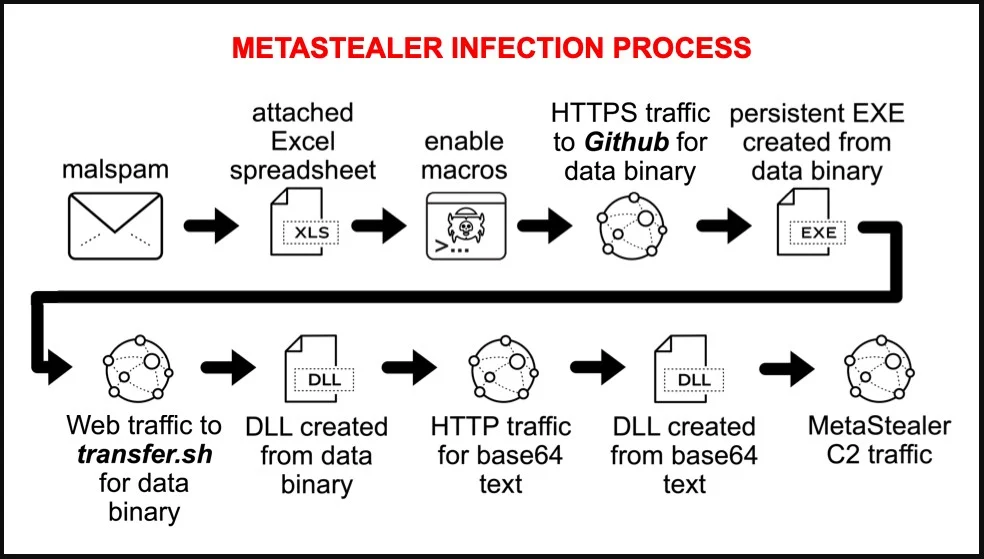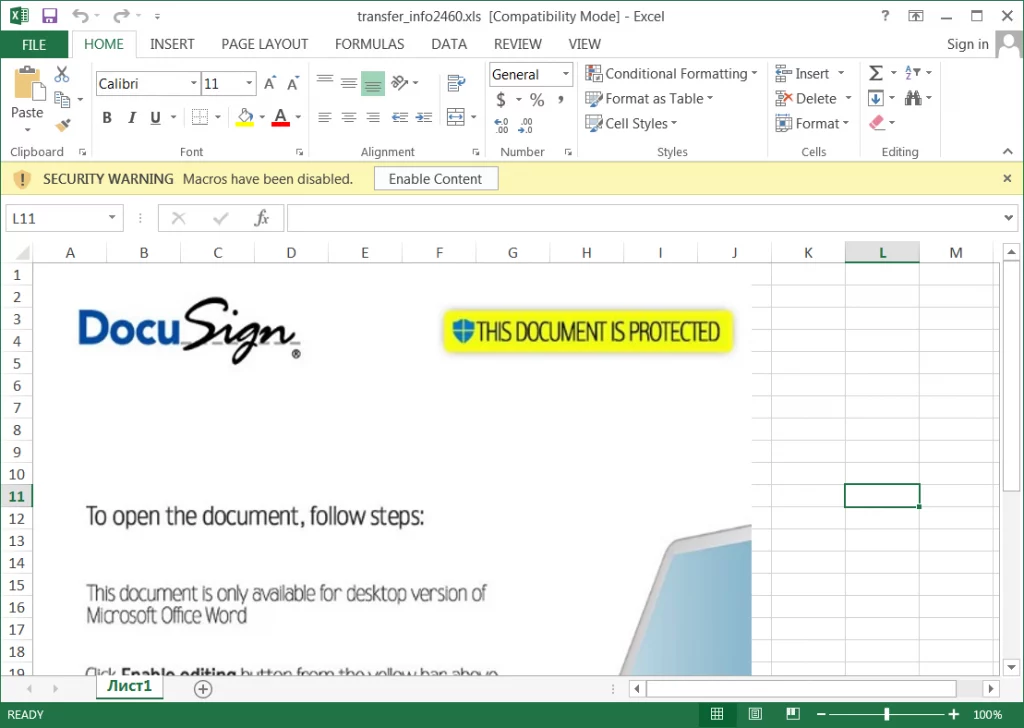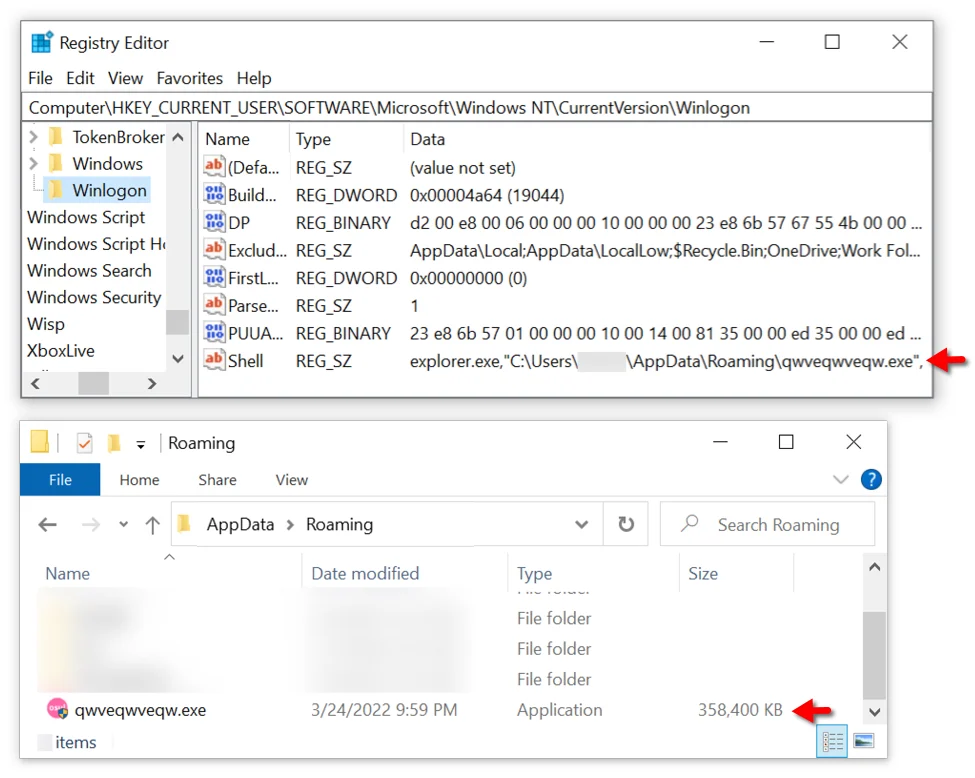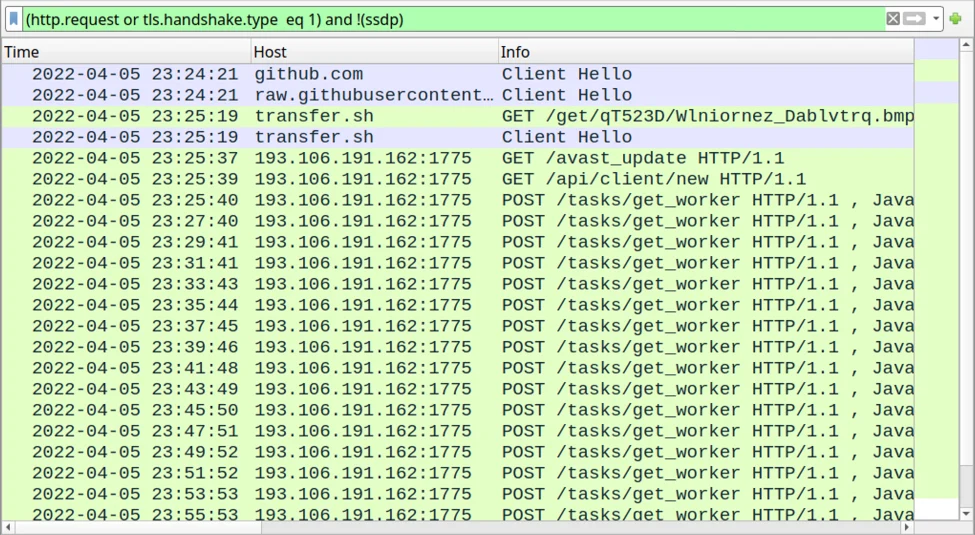The new META malware, a new stealer malware appears to be rising in popularity among cybercriminals. Darknet users advertise new malware as an “improved RedLine” version. RedLine has been known for stealing user information, such as browser-saved credentials, browser history, credit cards, cryptocurrency wallet access, cookies, desktop files, gaming credentials and desktop screenshots among other information.
The tool is sold at $125 for monthly subscribers or $1,000 for unlimited lifetime use and is promoted as an improved version of RedLine.
The Bleeping Computer has first reported of the Meta malware launch last month. Ever since we were able to gather more information on malware, including the attack vector and the scheme of spreading it.
The infection chain in the particular campaign follows the “standard” approach of a macro-laced Excel spreadsheet arriving in prospective victims’ inboxes as email attachments.

The messages make bogus claims of fund transfers that are not particularly convincing or well-crafted but can still be effective against a significant percentage of recipients.

The spreadsheet files feature a DocuSign lure that urges the target to “enable content” required to run the malicious VBS macro in the background.

When the malicious script runs, it will download various payloads, including DLLs and executables, from multiple sites, such as GitHub.
Some of the downloaded files are base64 encoded or have their bytes reversed to bypass detection by security software. Eventually, the final payload is assembled on the machine under the name “qwveqwveqw.exe,” which is likely random, and a new registry key is added for persistence.

A clear and persistent sign of the infection is the EXE file generating traffic to a command and control server at 193.106.191[.]162, even after the system reboots, restarting the infection process on the compromised machine.

Malware like this is not an exception, there are hundreds of derivatives of stealer malware, starting with Azorult, RedLine, Predator and so on. Cyber criminals develop more and more sophisticated examples that are not detected by antivirus programs. We recommend users to pay attention to email that come to your inbox, beware of Macros attacks and stay cyber secured!